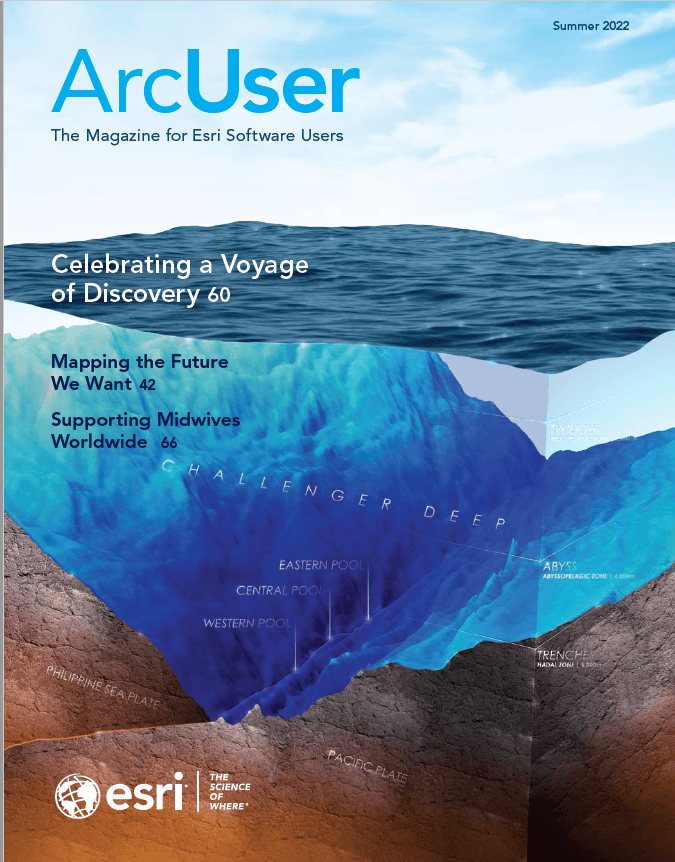In the spirit of improved data management among researchers, the FAIR (Findable, Accessible, Interoperable, and Reusable) data principles were published in Scientific Data, a peer-reviewed, open-access journal. Researchers depend on data that is FAIR. Beyond researchers, these same principles are of universal value to a broad range of data managers and users.
The spirit of the FAIR principles is to improve the discoverability of interoperable datasets. If a person or a machine/agent does not know about a dataset, how can it be found, connected to, or reused?
FAIR data is not the same thing as open data. FAIR data and open data are complementary concepts. Open data can be freely used, shared, and built on by anyone. The FAIR data principles provide a set of best practices for sharing data in ways that can respect ethical, legal, or contractual restrictions. They do not state that data must be free of charge or unencumbered by license conditions. Instead, the FAIR principles focus on the future interoperability of data and infrastructure, within which data sources are properly documented and accessible. Implicitly, FAIR principles help providers understand how to handle shared data so that it can be truly useful.
The principles refer to three types of entities:
- Data (or any digital object)
- Metadata, which is information describing the data
- Infrastructure, which consists of tools and systems
FAIR Principles
FINDABLE: Making data findable is the first step toward reusable data. Machine-readable data and metadata, combined with search engine optimization (SEO) techniques, help make data findable by web search engines like Google and can be explored by humans.
ACCESSIBLE: Making data accessible means letting potential users know how data they find can be accessed, including any authentication and authorization required. Data can be made accessible whether it is open public data or private and secure data that will be available only to authorized users.
INTEROPERABLE: Data is interoperable when it can be integrated with other data and systems to leverage open standards and specifications.
REUSABLE: Data that is richly described by metadata, is released with a transparent data usage license, and adheres to domain-relevant community standards is reusable data. Reusability is a primary goal of the FAIR data principles.
FAIR principles are further broken down into subprinciples that are listed on www.go-fair.org/fair-principles/. Under Findable, principle F4 stipulates that metadata and data are registered or indexed in a searchable resource, the infrastructure component.
According to the GO FAIR Initiative, a stakeholder-driven self-governed initiative to implement FAIR data principles, the vision is to foster the coherent development of the global Internet of FAIR Data and Services (IFDS). This vision focuses on early outcomes for the European Open Science Cloud (EOSC) and building a competitive data and knowledge economy in Europe. However, FAIR principles are of interest worldwide.
Industry Adoption of FAIR
The geospatial community has embraced FAIR data principles and has long appreciated the need for accessible and interoperable data. In 2021, Open Geospatial Consortium, Inc. (OGC), a standards development organization, updated its mission statement and embraced FAIR principles.
As a principal member of the OGC, Esri is united in supporting this vital mission to help users who produce, publish, collaborate, share, and (re)use the world’s location-based data. Esri’s goal is to ensure that the ArcGIS system enables FAIR data with appropriate geospatial infrastructure.
Esri has a history of supporting the spirit of the FAIR principles through its incorporation of open data and industry standards in software design and its emphasis on interoperability. It builds software that encourages the maintenance of metadata creation and the sharing of datasets, maps, and apps.

ArcGIS Helps Implement FAIR Principles
It’s important to understand that data does not become FAIR magically or automatically and that data FAIRness is not a binary but rather a range or spectrum. Put into practice, FAIR data results from an organization’s efforts and the tools that support them. For example, organizations must publish data as web services and ensure that content has proper metadata and carries appropriate licensing. Tools must support these efforts through user interfaces, automation, workflows, infrastructure, and compliance that help make FAIR data easy to implement.
ArcGIS helps you to execute FAIR data principles throughout workflows that span different software and software as a service (SaaS) products. Let’s look at an overview of these FAIR principles in practice:
With ArcGIS Enterprise and ArcGIS Online, you publish human- and machine-readable web services that have closely coupled metadata in well-known formats, such as JSON and XML, with international open standards and open specifications. API keys [or application programming interface keys, which are codes that get passed in by computer applications] allow requisite authentication for quick access to popular locations services such as basemaps, routing, and geocoding.
ArcGIS identities provide the necessary authorization mechanism for controlled access. This enables collaboration among individuals and organizations, so you can work with your partners more easily. Content is shared with appropriate audiences as open or private data, based on the permission granted by the data owner, and described with clear license terms of use.
FAIR principles come to life as you share content through ArcGIS Hub. Shared data and web services are easily found, accessed, and federated using the Hub catalog. In addition, Hub helps you engage with your communities.
GIS professionals, analysts, and developers use and reuse interoperable web services using ArcGIS REST API and various mapping tools from ArcGIS, open-source, and third-party APIs. ArcGIS low-code and no-code app builders ensure that web services are easily reused and accessible to nonspecialists through information products that answer questions and convey understanding.
Join the conversation about FAIR principles on the SDI blog on Esri Community.







